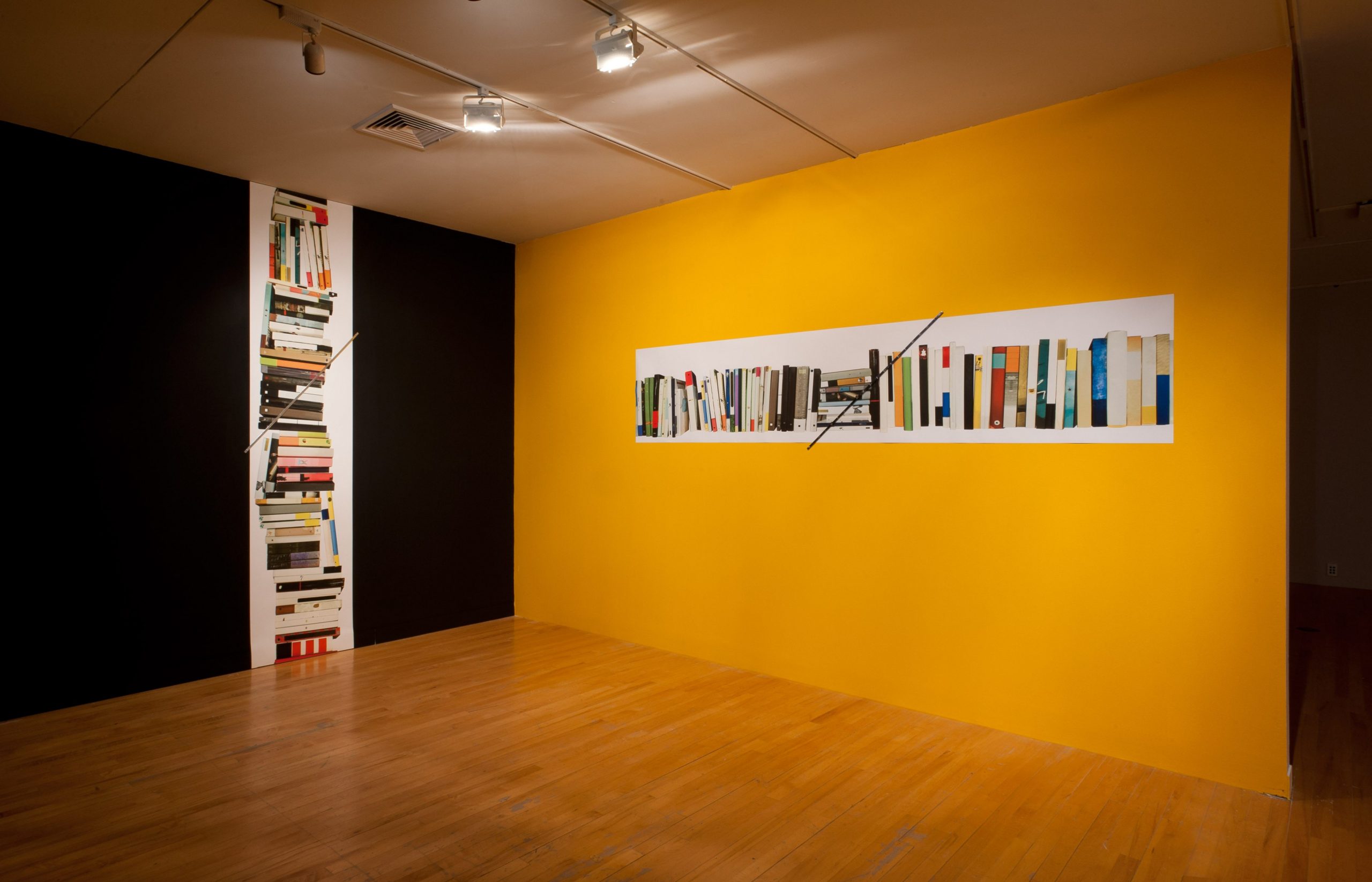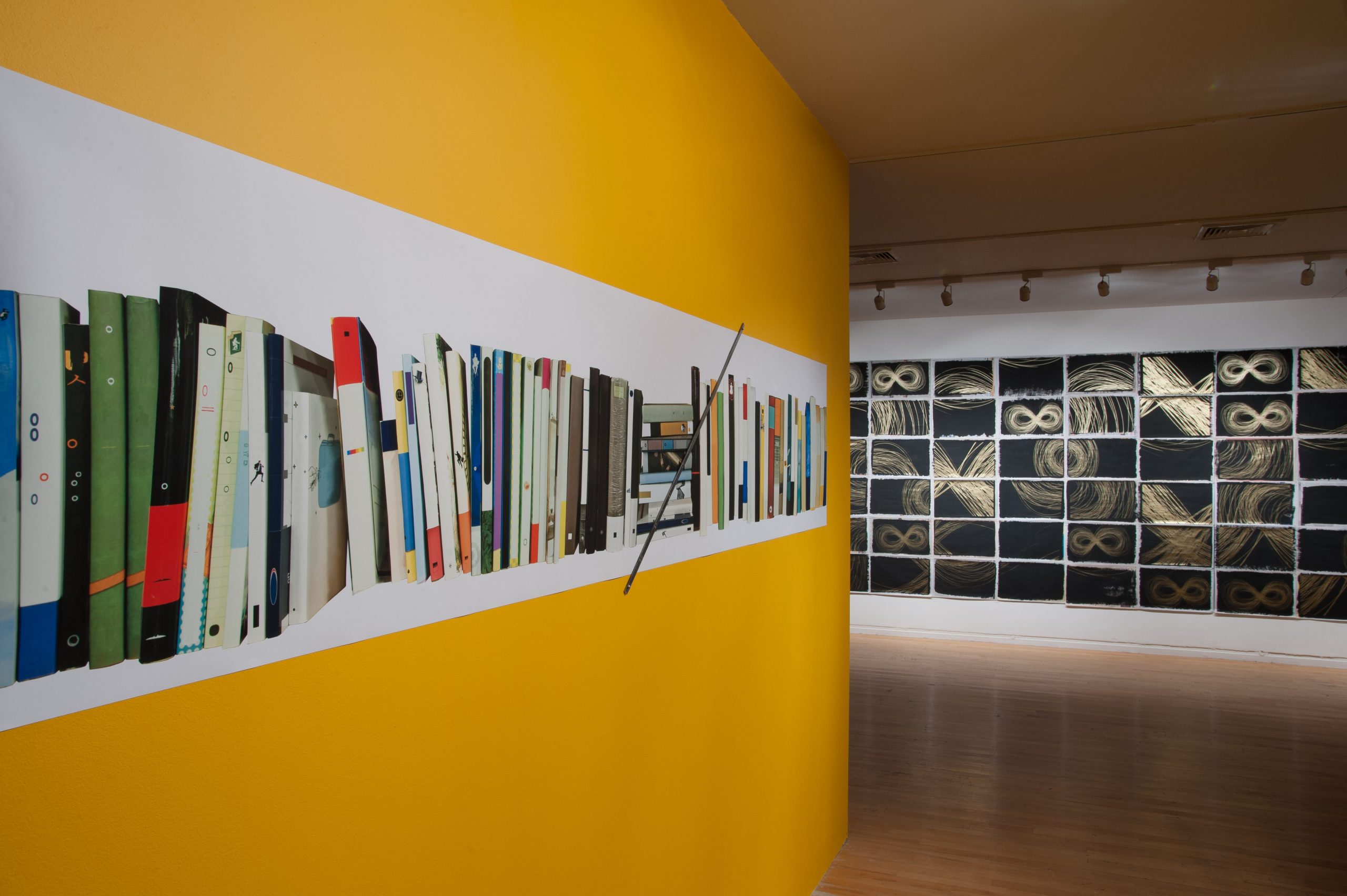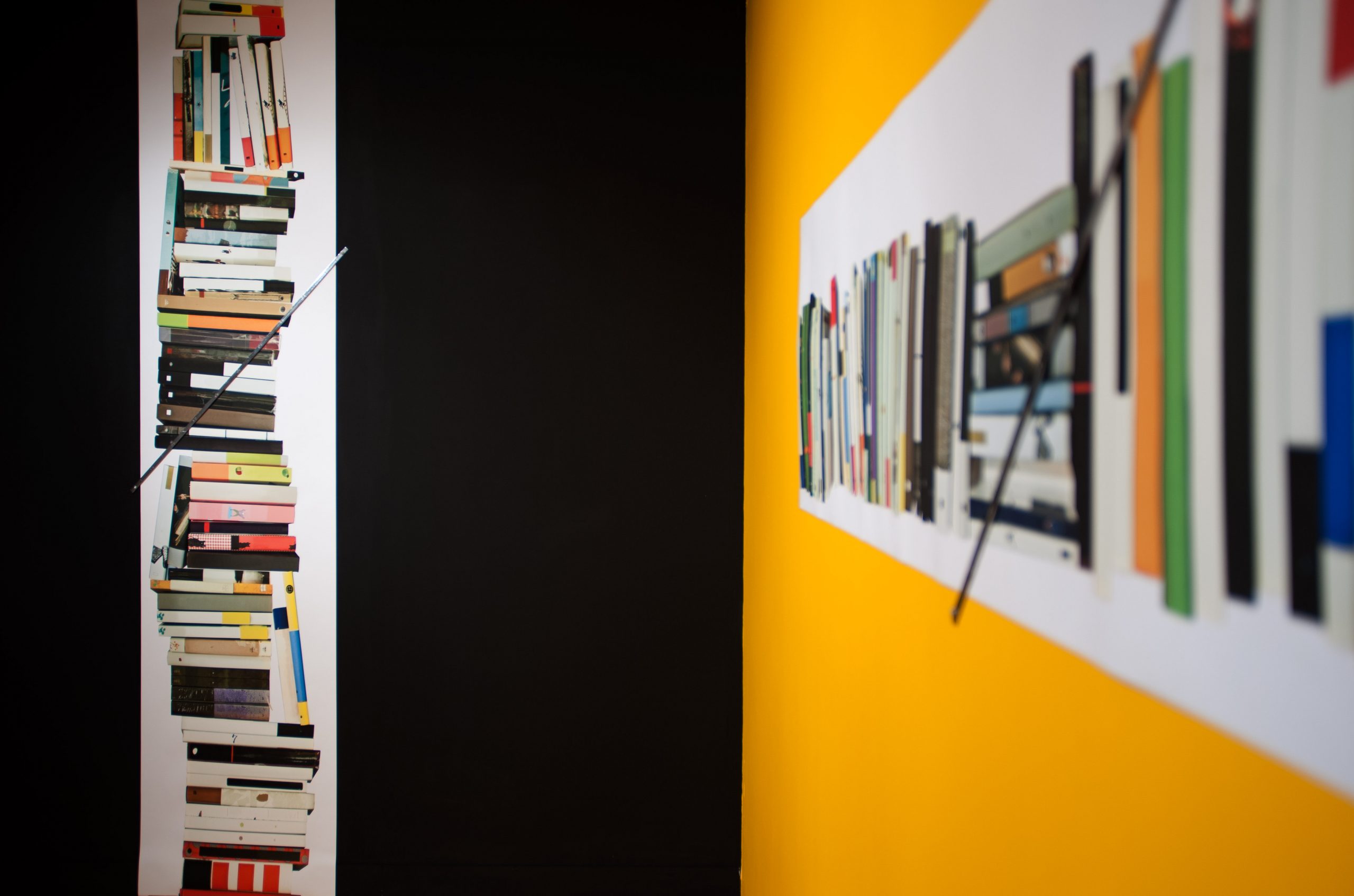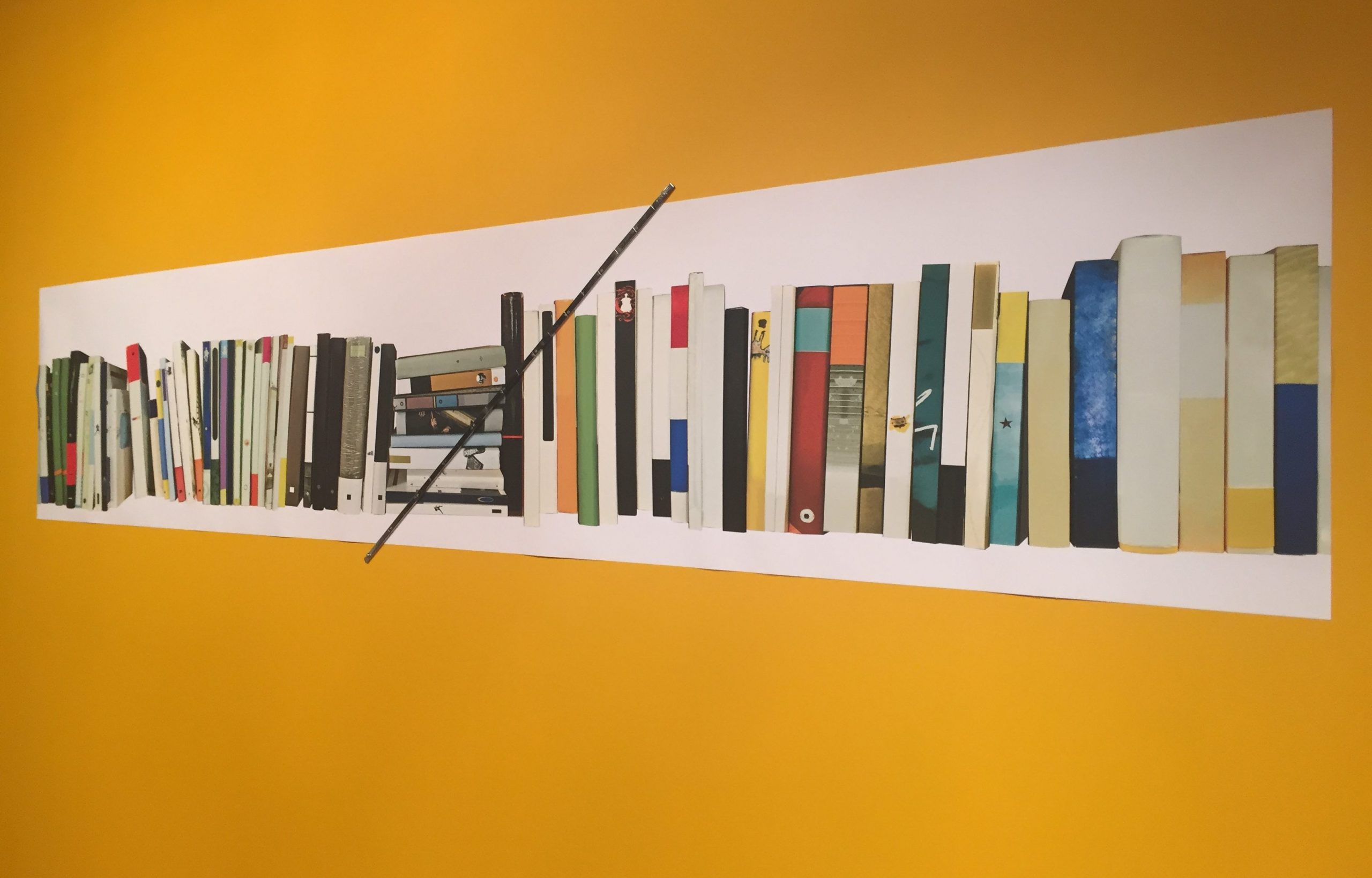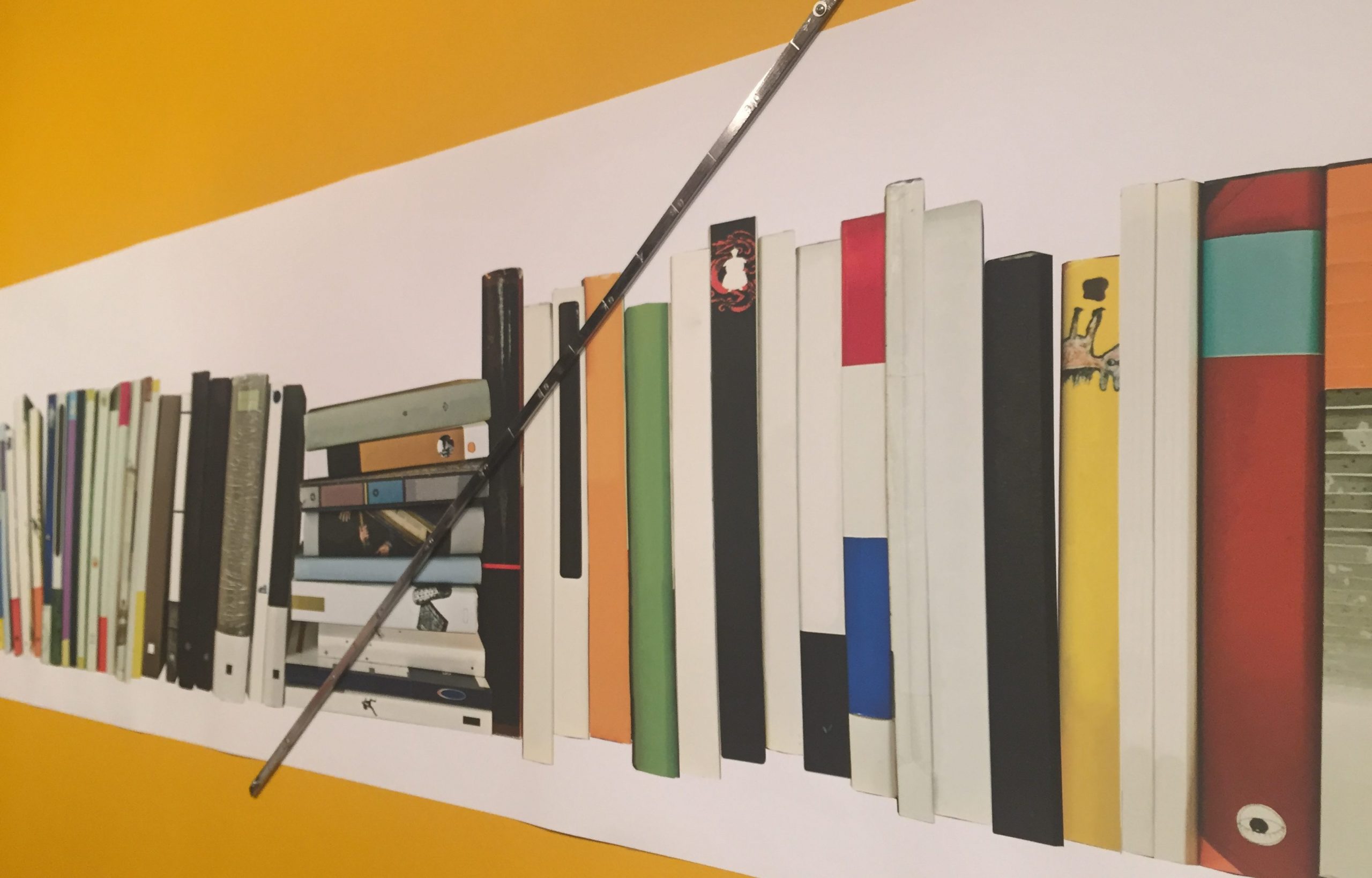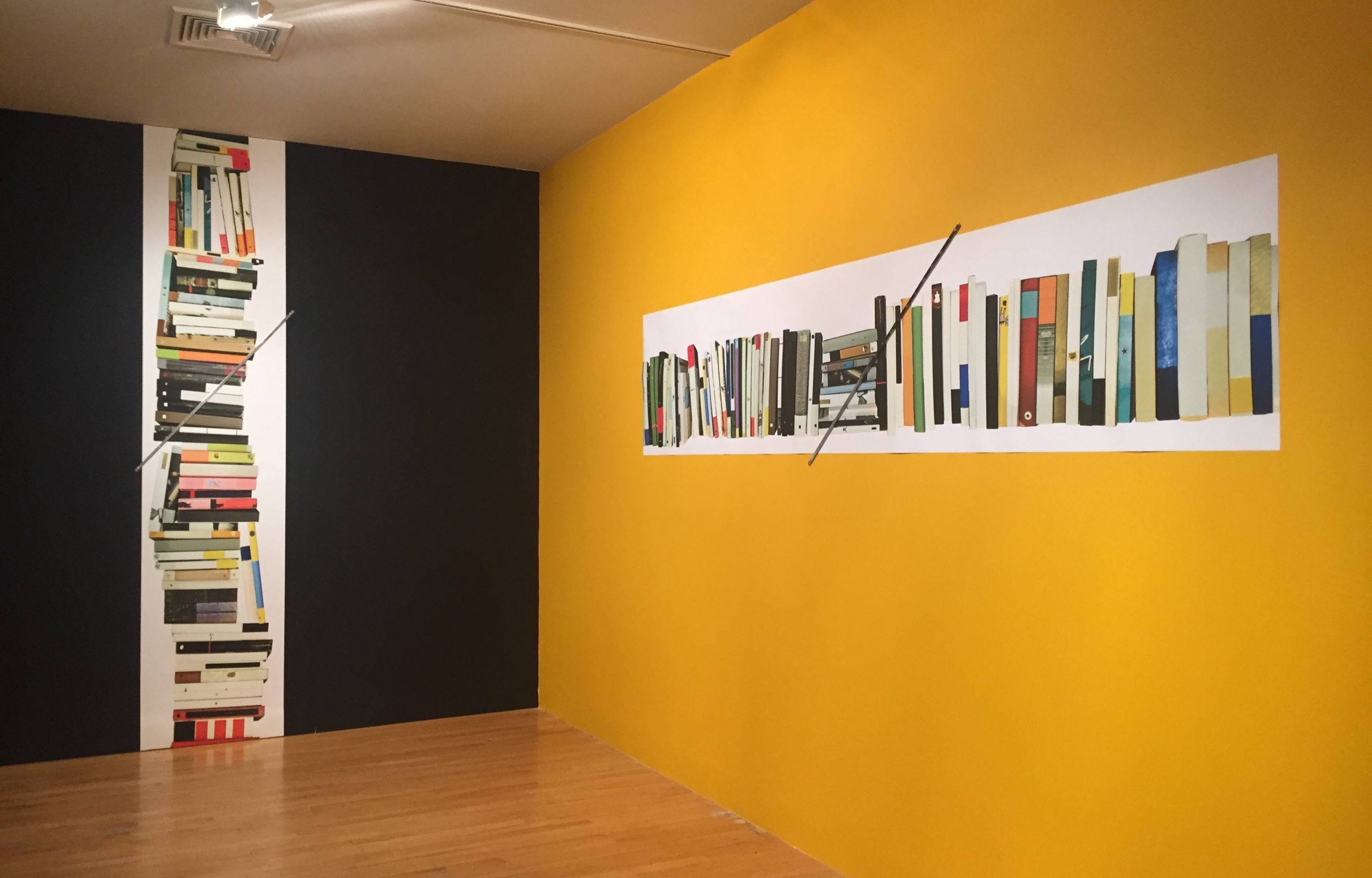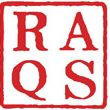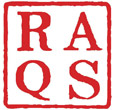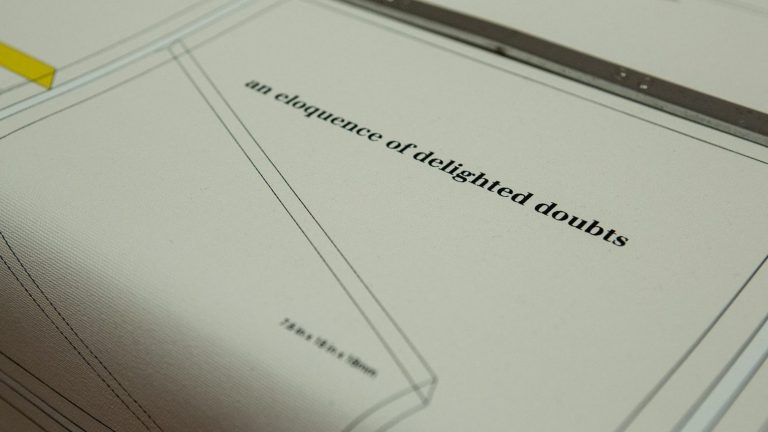One Meter of Truth (Emotion)
Steel table with wooden top, printed canvas (58”x 58”, 1m steel measure)
‘Asamayavali/Untimely Calendar’, NGMA (2014)
During a rehearsal process for a work being made with theatre artists, Raqs began to seek a language for states of feeling, and the body, that were at a tangent to the way in which a standard repertoire of emotions are described. They were drawn to a 10th century manual for poets and performers by Abhinavagupta, philosopher and aesthetician from early medieval Kashmir. Abhinavagupta proposes a scheme for combining emotional and bodily states to produce a cascading series of affective registers that the actor can play with. Through this work, Raqs enters into the territory of things that we know, but defy classification as new sensations are created by bringing unexpected things together. This work can be seen as an annotation that lists one of those sets of un-recognised possibilities: states of being and feeling so fleeting, so real and so enigmatic, that a whole new vocabulary has to be invented even to begin talking about it.
One meter of truth seeks to challenge this new classification itself: can even these suffice?
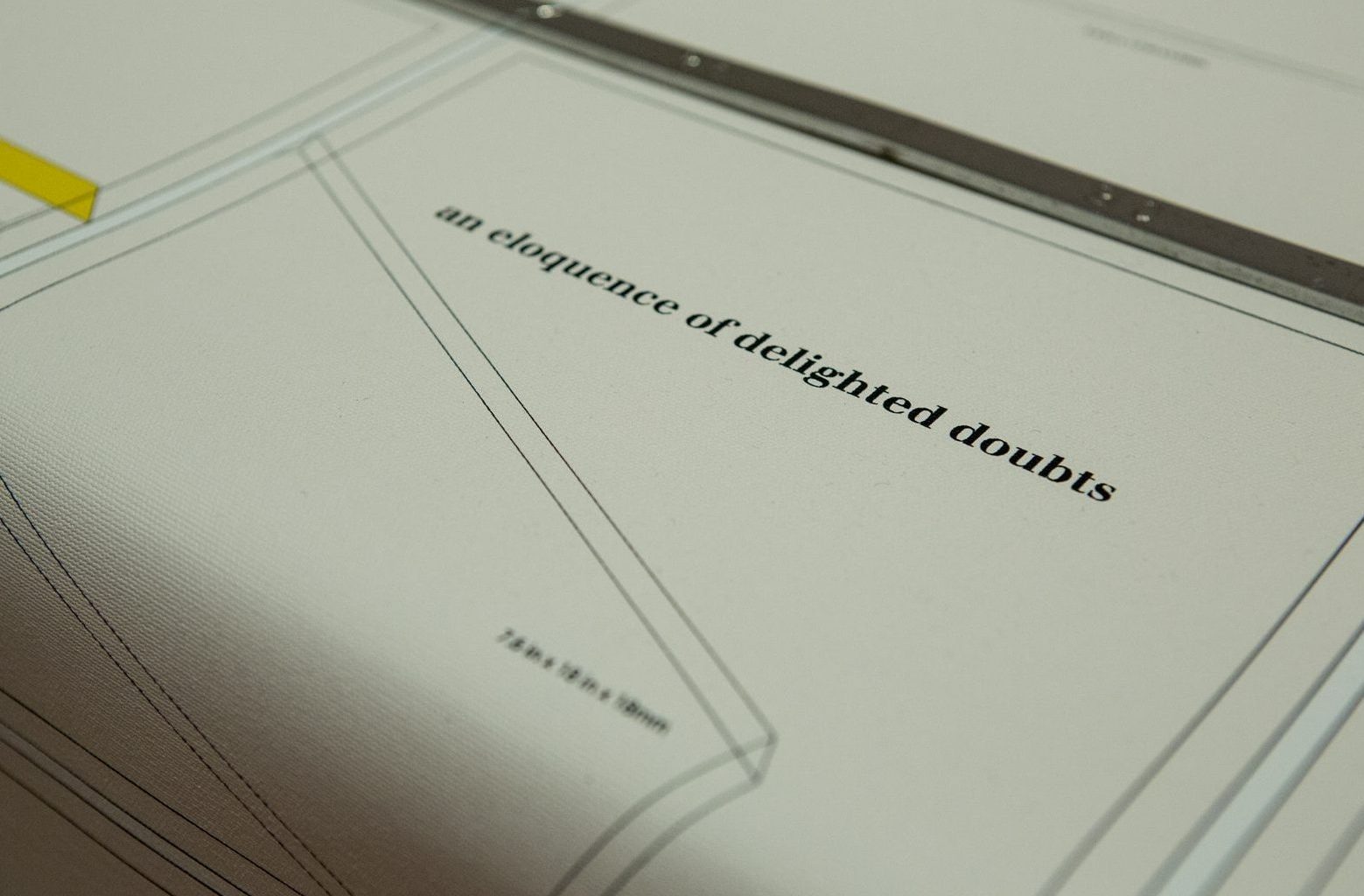
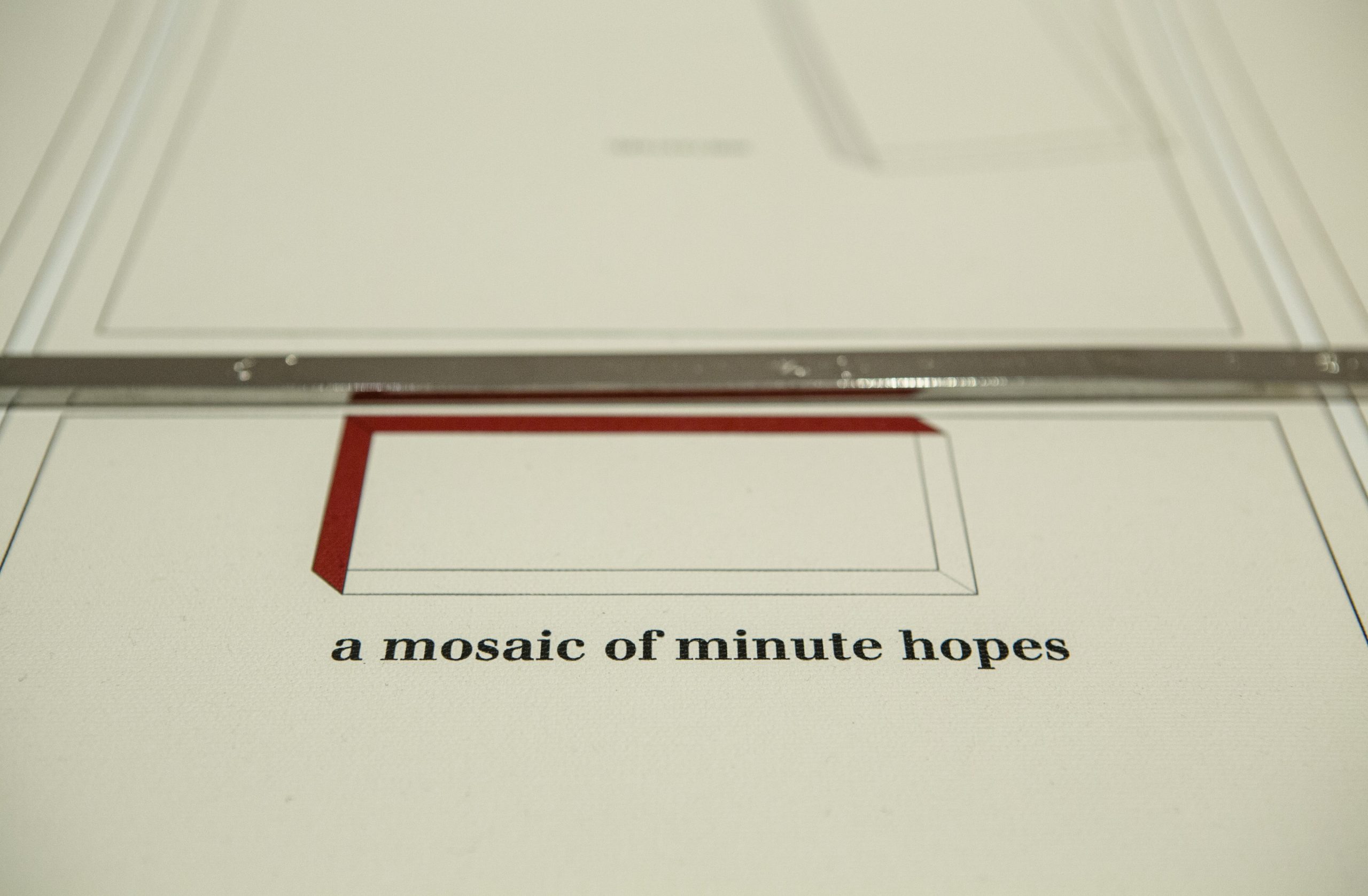

One Meter of Truth (Knowledge)
SMFA (School of the Museum of Fine Arts), Boston (2015)
A stack of books, their spines mysteriously bereft of titles, invoke an imagined library of as yet unwritten words. The absent titles on the spines accumulate to form a backbone for thoughts that need articulation. This could be knowledge that still lies in waiting, or a store house of untried ideas. Before a thought finds the vehicle of words, it has to find its fuel in silence.
No transports of knowledge are possible without stepping into the unknown. Which idea takes flight, which question arrives, or departs is what makes the waiting worth its while. The question of a sustainable future is deeply tied to new ecologies of knowledge. Knowledge, like nature, is also a system where the life forms of ideas are endangered by forms of intellectual enclosure. Keeping the doors of knowledge open to new ideas, and ensuring that the commons of knowledge are not poisoned by the principles of hierarchy and property are one of the reasons why we feel there will always need to be worlds that still wait to be churned.
